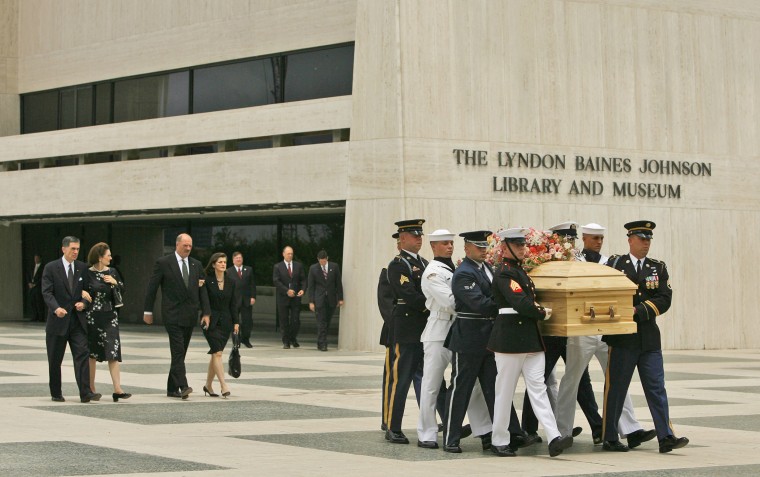When first ladies pass away, they typically don't get the pomp, ceremony and spectacle that their spouses receive.
There is no set protocol to mourn them. Instead, federal and local governments — including the sitting president — decide what's appropriate. And first ladies' funerals are generally private affairs, in contrast with the highly scripted state funerals given to former chief executives.
Nancy Reagan, who died Sunday, likely appreciated that distinction. When her husband, Ronald Reagan, died in 2004, she presided over the services with careful attention to detail, making sure nothing was overlooked.

She will lie in repose at the Ronald Reagan Presidential Library in Simi Valley, California on Wednesday and Thursday. On Friday, she will be buried alongside her husband on the library grounds, officials there said. The public will have a chance to pay their respects at the library, the late first lady's spokeswoman said.
President Obama on Monday ordered flags on government and military property flown at half-staff until Nancy Reagan's burial.
PHOTOS - Nancy Reagan: Her Life from Hollywood to the White House
But even that honor isn't always provided. It apparently wasn't done for Betty Ford, who died in 2011, according to an NBC News review of presidential proclamations. It was done for Lady Bird Johnson in 2007, but not for Jacqueline Kennedy Onassis in 1994 or Pat Nixon in 1993. (Onassis and Nixon did get 30-day mourning periods at the White house, though.)

"That's part of the problem with first ladies — what do you do with them?" said Michelle Gullion, archives director and curator at the First Ladies National Historic Site in Canton, Ohio.
The flag at the historic site will be lowered. And just inside the entrance, there will be a memorial, including a tribute case holding items that reflect Nancy Reagan's time in the White House — a "Just Say No" pin, one of the thimbles she handed out as gifts, a porcelain family plate. Gullion was rushing to assemble it all on Monday.

Every first lady gets that treatment.
"That’s what people expect when they come here," Gullion said.
